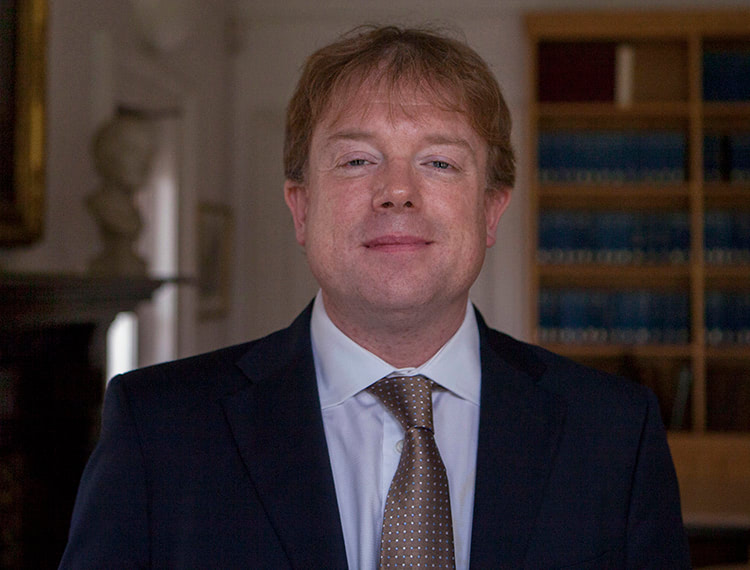Improving the fortunes of the humanities means thinking about post-16 qualifications

The humanities are often said to be in crisis. But while the crisis narrative obscures many areas of growth and success, the modern humanities nevertheless face real challenges relating to enrolment, graduate employment, and funding.
The Humanities in Modern Britain: Challenges and Opportunities (HEPI Report 141) by Dr Gabriel Roberts, which is being published today by the Higher Education Policy Institute, finds.
- Humanities have experienced a long-term fall in relative size in UK universities: between 1961/62 and 2019/20, the proportion of UK students studying humanities subjects fell from around 28% to around 8%.
- In recent years, the humanities have also seen an absolute fall in enrolments. The total number of humanities students at UK universities has fallen by around 40,000 over the last decade.
- The declining popularity of the humanities extends to schools and colleges. Since 2016, almost all humanities subjects experienced a fall in A-Level entries larger than the decline in the 18-year old population.
- The employment prospects of humanities graduates are less favourable than those of graduates in some other areas but the picture is mixed. Humanities graduates are just as likely as graduates in other areas to be employed, and when subjects are ordered according to the average salaries of graduates five years after graduation, humanities subjects fall in the middle of the range.
- Humanities graduates have many of the skills that employers are expected to demand over the coming decade, but numerical and digital skills are areas of weakness.
- Funding for the humanities has been mostly stable in recent years, but there are significant current challenges related to Brexit, COVID and the erosion of the unit of resource for teaching by inflation, meaning the future is uncertain.
- Funding for humanities teaching varies widely in different parts of the UK. In Scotland, for instance, the unit of resource for Scottish students is around 40% lower than for English students in England.
The new report argues finding solutions to these challenges means thinking about the relationship between schools and colleges, universities, and employers. The specific proposals include reforming A-Levels so that pupils continue a humanities subject and maths to the end of their schooling and embedding professionally valuable skills more fully in humanities degrees to boost enrolments and the employment prospects of humanities graduates. The paper recognises the strides that have been taken in recent years in the digital humanities and the growing popularity of interdisciplinary degrees, both of which show how humanities degrees can be reimagined.
Gabriel Roberts, the author of the report and an English teacher who researched historical scholarship in the early enlightenment as a doctoral student at the University of Oxford, said:
‘There’s an extensive literature on the humanities, but few studies consider what’s going on in schools as well as the labour market, too few separate the humanities from the arts and the social sciences and too few identify specific problems and solutions. This report aims to fill in these gaps.
‘There’s a strong case for broadening post-16 education in the UK. A-Levels are strikingly narrow by international standards, and the success of the International Baccalaureate and the Extended Project Qualification shows pupils can handle greater breadth than A-Levels offer.
‘The growing popularity of interdisciplinary degrees should also tell us something about the kind of education that many young people want. There is a strong case for change.’
Nick Hillman, Director of the Higher Education Policy Institute and a former History teacher, said:
‘One crucial strength of the UK is how strong we are across a range of academic disciplines – sciences and arts, humanities and social sciences. To maintain that strong across-the-board performance, we must be constantly vigilant to ensure every disciplinary area receives the necessary support.
‘It is often said there is a “crisis in the humanities” and there are certainly some big challenges for the humanities in relation to student numbers, funding and curricula. We must discuss, debate and deal with them. Nonetheless, the “crisis” narrative is too simplistic and too pessimistic. The true picture is more nuanced, more interesting and more positive, whether we look at teaching, course design or research.
‘Moreover, the lively current debates on issues like statues and decolonising the curriculum prove that most people know we can only fully understand our society when the humanities thrive.’











Responses